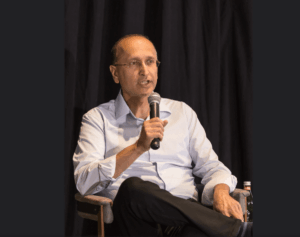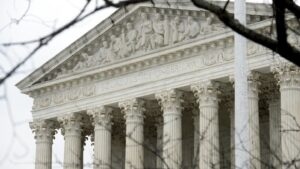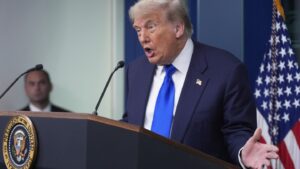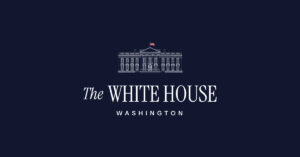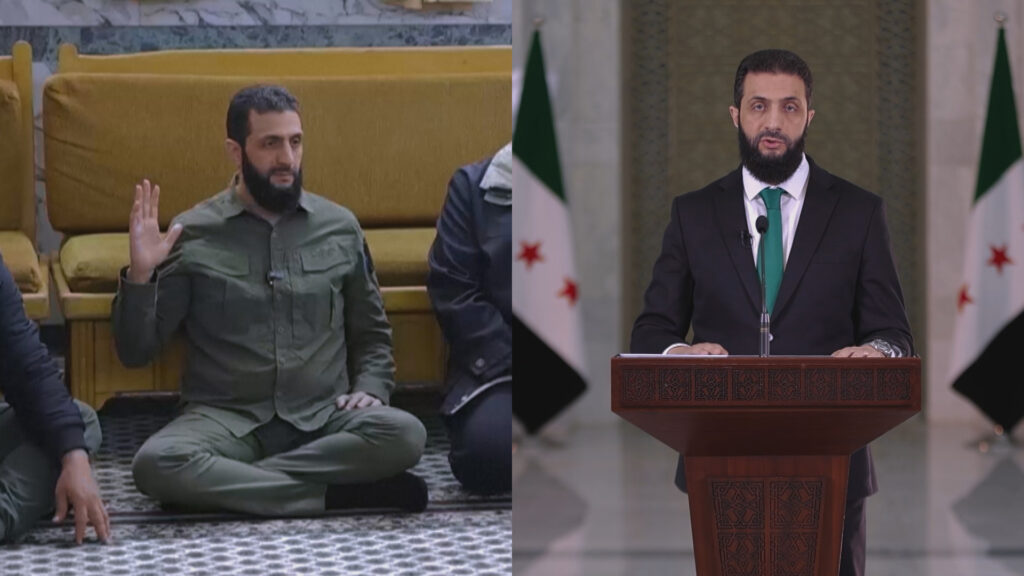
Less than two weeks after rebel forces led by Ahmad al-Sharaa ousted Bashar al-Assad’s regime in Syria, a U.S. State Department delegation arrived in Damascus to engage with the country’s new leader. This meeting marked a significant shift in U.S. foreign policy, considering al-Sharaa’s past as a designated global terrorist.
In an unexpected turn of events, the U.S. found itself negotiating with a former Al Qaeda commander, once known as Abu Mohammad al-Jolani, who had a $10 million bounty on his head. However, Syria’s strategic location, sharing borders with Turkey, Iraq, Jordan, Israel, and Lebanon, made it imperative for diplomats to engage with the new leadership amid the country’s transition from a prolonged civil war.
From Jihadist to Statesman
Ahmad al-Sharaa’s rise to power has been described as a historic opportunity to reshape the Middle East. Charles Lister, director of the Syria Initiative at the Middle East Institute, highlighted al-Sharaa’s focus on peace and reconciliation. “He talked about disarmament, demobilization, and reintegration,” Lister noted, emphasizing the leader’s use of textbook phrases on political transition.
Roger Carstens, a former State Department official, compared al-Sharaa to a senior American military commander, impressed by his understanding of warfare, economics, and policy. “I walked away impressed,” Carstens stated, reflecting the sentiment of many who attended the meeting.
Diplomatic Challenges and Regional Concerns
Barbara Leaf, the U.S. assistant secretary of state for Near Eastern affairs, was struck by al-Sharaa’s pragmatic approach to Israel, a nation long at odds with Syria. “No diatribes, no recitation of 40 years of history,” Leaf remarked, noting al-Sharaa’s straightforward request for Israel to cease its bombings in Syria.
“Could you get the Israelis to stop bombing? They’re scaring my people,” al-Sharaa reportedly asked, emphasizing his lack of animosity towards Israel.
Despite al-Sharaa’s overtures, Israeli ambassador to the U.S., Michael Herzog, expressed skepticism, citing concerns over Assad’s weapon stockpiles potentially falling into the wrong hands. Israel has continued its military actions, citing security concerns, leading to civilian casualties and territorial seizures in southern Syria.
Internal Struggles and International Implications
Internally, al-Sharaa faces challenges in uniting Syria’s diverse ethnic and religious groups. Minority communities, including the Kurds and Druze, feel his efforts have not gone far enough. Alawites, Assad’s sect, fear retribution and sectarian violence, complicating the path to national reconciliation.
Barbara Leaf acknowledged al-Sharaa’s missteps, emphasizing the arduous journey ahead. “If he wants a stable Syria, he’s going to be compelled to take into account the changed landscape of Syria,” she stated, referring to the deep-seated divisions exacerbated by the civil war.
A New Chapter in U.S.-Syria Relations
Several months after the initial meeting, former President Trump met with al-Sharaa, announcing the lifting of sanctions against Syria to support the new government’s stabilization efforts. This move underscored the high stakes involved, as noted by James Jeffrey, a veteran diplomat in the region.
“What happens in Syria impacts all of the Middle East,” Jeffrey explained, highlighting the potential for refugee flows and terrorism to affect global stability.
The documentary “Syria After Assad,” premiering on July 1, 2025, delves deeper into these developments, offering insights into the evolving geopolitical landscape. The film, produced by FRONTLINE and Rain Media, Inc., promises a comprehensive exploration of Syria’s future under al-Sharaa’s leadership.



